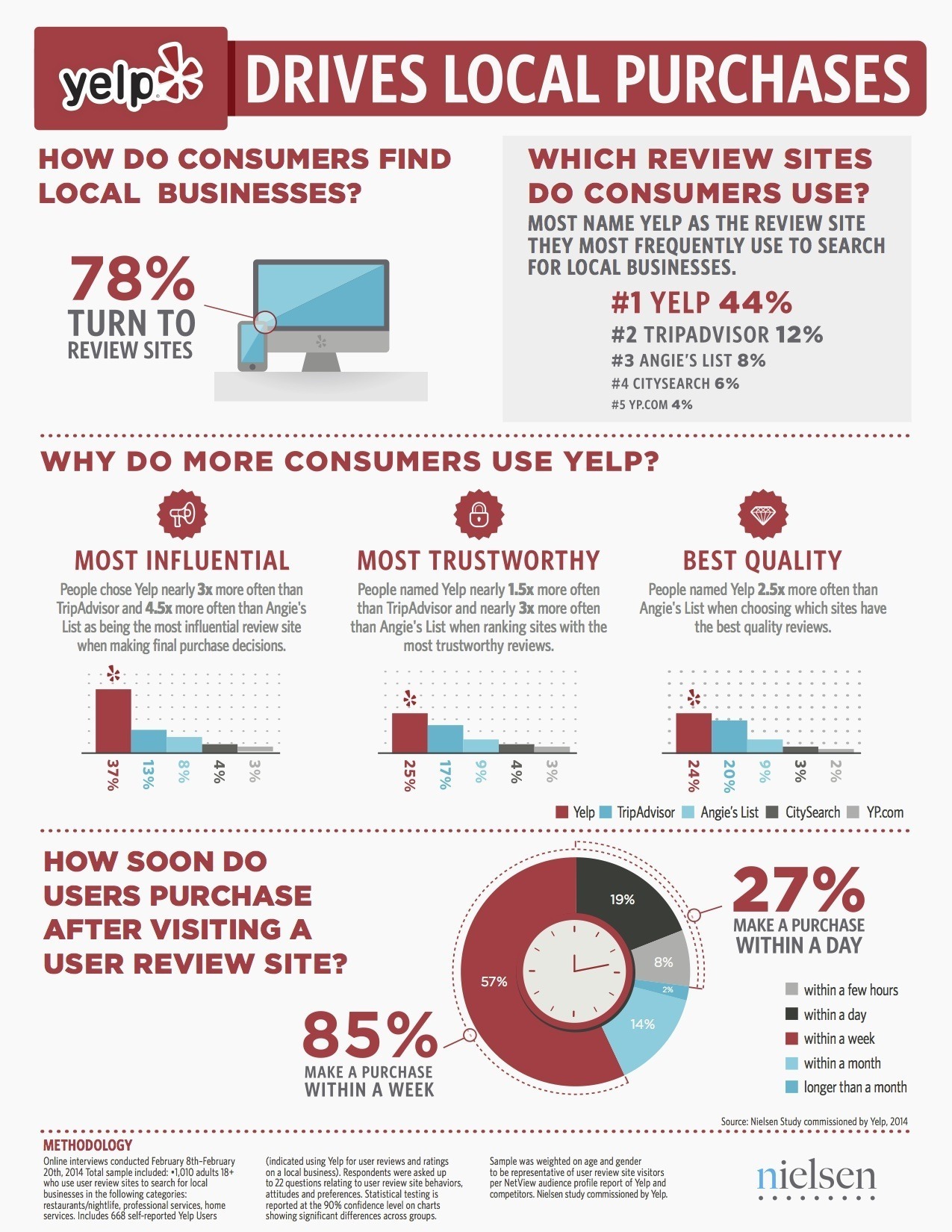Having consistent and accurate local citations online are a critical part of a successful SEO strategy today. Regardless of how big or small your business may be; having a variety of quality local citations will undoubtedly help potential customers find your business online.
The Impact of Local SEO
For smaller businesses with a physical location, local SEO is something you should definitely pay attention to. Even if you are already investing time and money into an overall SEO strategy for your business and website, local SEO can extend your reach considerably.
So, what’s the difference between local and traditional SEO? This question implies that they are two different and separate strategies for achieving a common goal or two separate goals. However, they should instead be considered two different types of SEO within your overall SEO strategy.
Therefore, in addition to making sure your website is optimized for search engines with the right headers, keywords, metadata, etc., local SEO is another step in improving your search rank with search engines like Google and Bing.
Critical Components of Local SEO
There are three main areas that a successful local SEO strategy should focus on:
1. Local Directory Listings and Local Citations
Online local directory listing sites like Superpages.com, Bing Places, Google + Local, Yahoo Local, etc., are all well-known and trusted local citation sites. Social media sites like Facebook, Foursquare, and LinkedIn can also be considered local citation sites, since they are often used to verify a business. Moz offers a great list of local listing sites based on your business category here.

There are also several companies, referred to as data aggregators (Yext, Axciom, NeustarLocaleze, and Moz), which allow for the automation of your local business listings by pushing your data to several local directory listings at once. By using these tools, you can eliminate the need to manually update your local business listings every time there is a change.
2. Online Review Sites
According to a survey performed by Nielson in 2013, “78% of consumers use review sites to identify local businesses.” The survey results also stated that, “84% of consumers that responded to the survey named user reviews as the most important content on review sites.”
In addition to having a lot of positive online reviews, businesses must take the time to respond to all reviews, whether they are good or bad. By making an effort to communicate directly with your customers and address both complaints and praise, you can prove to your customers that you have their best interests in mind. And Google will notice too.
If you aren’t monitoring your online reviews or putting the necessary time and energy into reputation management, it can easily get out of control. It only takes a couple of bad reviews and a lack of response by your business to create a negative online presence that can be difficult to reverse.
3. Local Search Engine Optimization
Last and possibly most important is the on-site optimization of your website for local SEO. In addition to optimizing your site for specific keywords that are relevant to your industry and audience, you also need to optimize for local search.
It is recommended that your business name, address and phone number (often referred to as NAP) be listed on every page of your website, as well as in your metadata for text and images. Not only does this make it easier for your potential customers to find you but the search engines like it, too.
The most critical aspect of local search engine optimization is consistency. It’s important that your website and all local citations be consistent in how you list your business name, address and phone number. It actually does matter if you are listed on “Main Street” in one listing and “Main St.” in another, so double-checking your listings is a must.
Impact of Local Citations
We’ve mentioned a couple of times that Google and Bing “like” it when businesses do certain things online. When search engines see things on your website or connected to your business that raises any kind of flag, they don’t like it.
Search engines want to provide their searchers with the highest quality and most relevant information possible. The more your business proves its relevance and that it can be trusted, the more likely and your business is to rank higher in the local search results.



